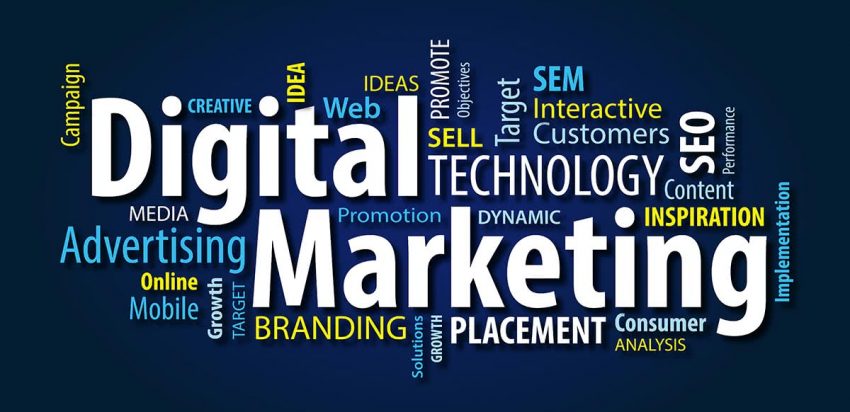Digital Marketing Campaign

A digital marketing campaign is a coordinated series of online activities and strategies designed to achieve specific marketing goals for a business or organization. It involves the use of various digital channels and platforms to promote products, services, or a brand to a target audience. Digital marketing campaigns can encompass a wide range of tactics and channels, and they are often tailored to the unique characteristics of the online landscape.
Key components of a digital marketing campaign may include:
Goals and Objectives: Clearly defined goals such as increasing brand awareness, driving website traffic, generating leads, or boosting sales.
Target Audience: Identifying and understanding the specific demographic or psychographic characteristics of the audience the campaign aims to reach.
Channels and Platforms: Choosing the appropriate digital channels and platforms based on the target audience and campaign goals. This can include social media, email marketing, search engine marketing (SEM), content marketing, influencer partnerships, and more.
Content Creation: Developing compelling and relevant content that resonates with the target audience. This may include blog posts, social media updates, videos, infographics, and other types of content.
Campaign Timeline: Establishing a timeline for the campaign, including start and end dates, as well as any key milestones or events.
Budget: Allocating resources, both financial and human, to execute the campaign effectively. This may include paid advertising budgets, content creation costs, and personnel expenses.
Metrics and Analytics: Defining key performance indicators (KPIs) to measure the success of the campaign. Common metrics include website traffic, conversion rates, click-through rates, and social media engagement.
Monitoring and Optimization: Regularly monitoring the campaign's performance and making adjustments as needed. This could involve tweaking ad creatives, adjusting targeting parameters, or refining content based on real-time data and feedback.
Integration with Other Marketing Efforts: Coordinating the digital campaign with other marketing initiatives to ensure a cohesive and unified brand message across all channels.
Analysis and Reporting: Evaluating the overall success of the campaign, analyzing the data collected, and preparing a comprehensive report that includes insights and recommendations for future campaigns.
Digital marketing campaigns provide businesses with the flexibility to reach their target audience in a personalized and measurable way, making it a crucial component of modern marketing strategies.
Thank you,